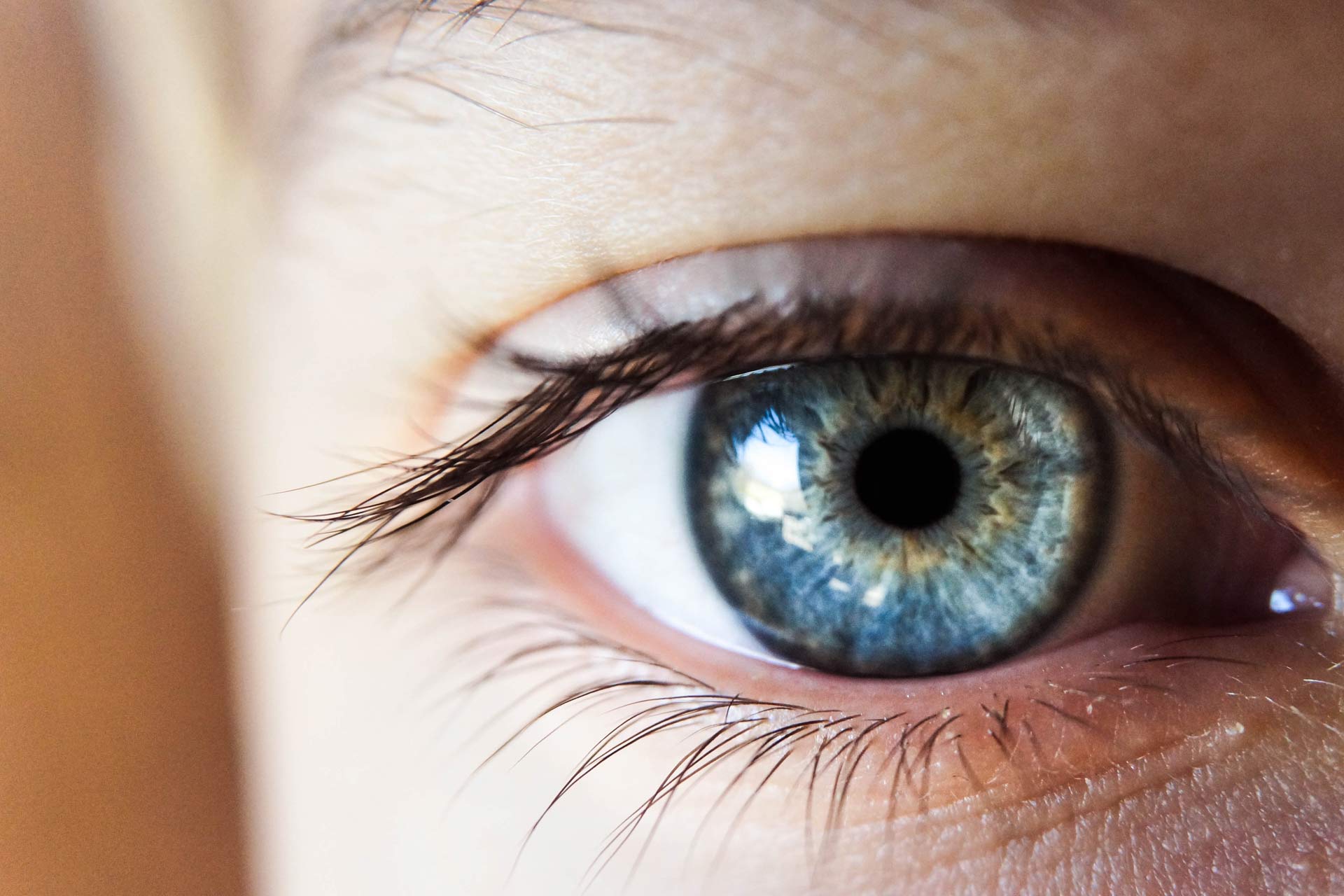Cataracts are a prevalent eye disorder impacting numerous individuals globally. The development of cataracts involves the clouding of the eyes lens, which hinders clear vision. Although primarily an age-related issue, cataracts may develop in younger people as well.
Clear vision relies on the eyes lens, which focuses light onto the retina. The formation of cataracts causes the lens to become cloudy, disrupting the light-focusing process. This results in symptoms such as blurred vision, difficulty seeing at night, sensitivity to light, and faded color perception.
Aging is the primary factor contributing to cataract development, though other causes exist. Other causes include diabetes, prolonged exposure to ultraviolet light, smoking, and certain medications. Genetic predisposition and past eye injuries can also increase the likelihood of developing cataracts.
An ophthalmologist can diagnose cataracts through a detailed eye examination. Tests may include checking visual acuity, examining the lens with a slit lamp, and dilating the pupils to inspect the retina. Timely diagnosis helps in controlling symptoms and avoiding severe vision impairment.
Treatment varies based on how advanced the cataracts are. Mild cases can often be managed eyes with cataracts prescription glasses or improved lighting conditions. Surgery remains the definitive treatment for cataracts that significantly affect vision. During cataract surgery, the clouded lens is removed and replaced with a clear artificial lens.
Cataracts, though common, are manageable and can significantly affect daily living if left untreated. By recognizing the symptoms and seeking timely treatment, individuals can preserve their vision and quality of life.

